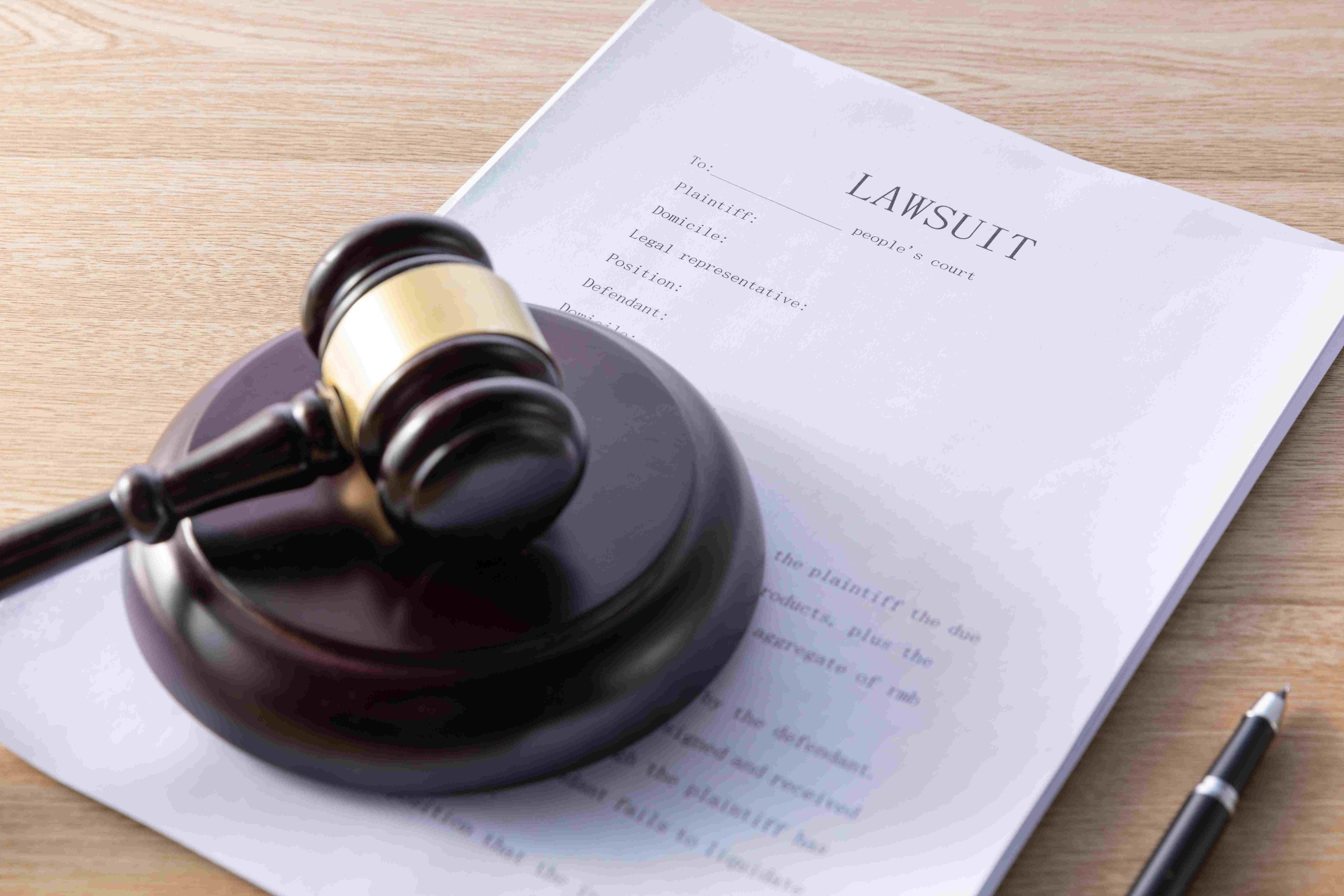
Product Liability and Personal Injury: Holding Manufacturers Accountable
When consumers purchase products, they have the right to expect that those products will be safe to use as intended. Unfortunately, there are instances where defective or dangerous products can cause harm and result in personal injuries. In such cases, product liability laws play a critical role in holding manufacturers accountable for the injuries caused by their products. Understanding product liability and its connection to personal injury is essential for protecting consumer rights and ensuring safer products in the marketplace. In this article, we will explore the concept of product liability, its types, and how it enables individuals to seek compensation for their injuries.
What is Product Liability?
Product liability refers to the legal responsibility of manufacturers, distributors, and sellers for injuries or damages caused by their defective or dangerous products. When a product is found to be defective or unreasonably dangerous, and it causes harm to a consumer, the injured party may have grounds for a product liability claim. Product liability laws aim to ensure that manufacturers produce safe products, provide warnings about potential risks, and assume responsibility for any harm caused by their products.
Types of Product Defects:
Product defects can occur at various stages, including design, manufacturing, or marketing. The three primary types of product defects that can lead to personal injury claims are:
Design Defects:
Design defects occur when a flaw or error is present in the product’s initial design. These defects make the product inherently unsafe, even if it is manufactured correctly. A design defect affects an entire line or batch of products, making them potentially dangerous for consumers.
Manufacturing Defects:
Manufacturing defects occur during the production or assembly process, resulting in a product that does not conform to the intended design. These defects can be caused by errors, substandard materials, faulty machinery, or inadequate quality control measures. Unlike design defects, manufacturing defects affect specific products or batches.
Marketing Defects:
Marketing defects involve inadequate warnings, instructions, or labels on the product. If a product does not provide sufficient instructions for safe use or fails to warn consumers about potential risks, it may be considered a marketing defect. Insufficient warnings can lead to injuries or accidents, and manufacturers can be held liable for the resulting harm.
Proving a Product Liability Claim:
To succeed in a product liability claim, the injured party must establish the following elements:
Product Defect:
The injured party must demonstrate that the product had a defect, whether it was due to design, manufacturing, or marketing.
Causation:
The injured party must establish a causal link between the product defect and the resulting injury. They need to show that the defect directly caused or substantially contributed to the harm suffered.
Injury and Damages:
The injured party must provide evidence of the injury or damages incurred as a result of using the defective product. This can include medical records, bills, lost wages, pain and suffering, and other related expenses.
Holding Manufacturers Accountable:
Product liability laws provide a legal framework for holding manufacturers accountable for the injuries caused by their products. Injured individuals can seek compensation for medical expenses, lost wages, rehabilitation costs, pain and suffering, and other damages resulting from the defective product. Depending on the circumstances, multiple parties in the supply chain, including manufacturers, distributors, and retailers, may be held liable for the injuries caused by the product.
Seeking Legal Representation:
Product liability cases can be complex, involving extensive investigation, expert testimony, and legal expertise. It is crucial for injured individuals to seek the assistance of an experienced personal injury attorney with a strong understanding of product liability laws. An attorney can help gather evidence, navigate the legal process, negotiate with manufacturers and insurance companies, and advocate for fair compensation on behalf of the injured party.
Conclusion:
Product liability plays a vital role in protecting consumer rights and ensuring the accountability of manufacturers for the safety of their products. When a defective or dangerous product causes personal injury, individuals have the right to seek compensation for their damages. Understanding product liability laws, the types of defects, and the process for holding manufacturers accountable is crucial for pursuing justice and promoting safer products in the marketplace.



